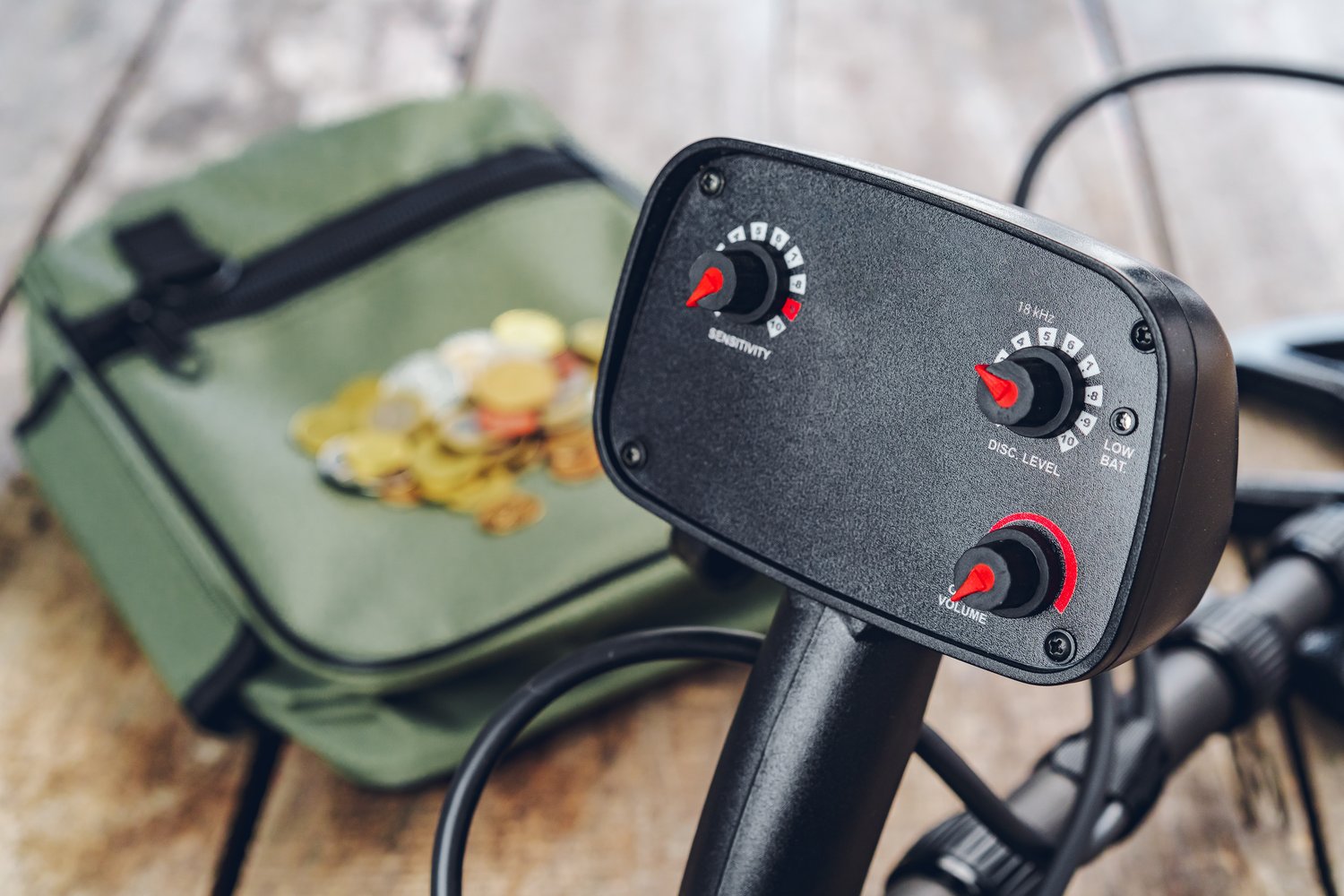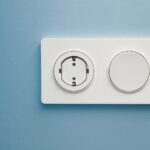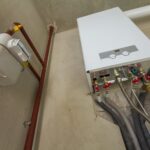Smart irrigation systems are revolutionizing landscape management, yet, just like any advanced technology, they are not immune to malfunctions. When your smart irrigation controller starts acting up, zone control and scheduling are often the first areas where problems arise, jeopardizing the health of your carefully nurtured garden or lawn. Understanding the nuances of these issues can save you time, water, and perhaps even your plants.
- Learn why smart irrigation systems may struggle with managing different zones, potentially leading to uneven water distribution.
- Discover common causes of zone control failures, including wiring issues and sensor glitches, which can disrupt efficient landscape irrigation.
- Gain insights into resolving scheduling issues that affect the timing and frequency of irrigation cycles, ensuring consistent coverage for your greenery.
By tackling the intricacies of these malfunctions, you’ll be equipped to enhance your irrigation system’s performance, keeping your landscape vibrant and thriving. Whether a DIY enthusiast or a property manager, this guide will empower you with the knowledge needed to troubleshoot and maintain your smart irrigation solutions effectively.
Understanding Smart Irrigation Controller Malfunctions: Zone Control and Scheduling Problems
Smart irrigation controllers are a crucial component in modern landscape management, offering the flexibility to manage water distribution efficiently across different zones. However, these systems can sometimes face challenges, particularly with zone control and scheduling.
When it comes to zone control, problems may arise that prevent certain areas from receiving adequate water. This can lead to uneven watering, which affects the health of plants and the overall appearance of the landscape. Inefficiencies in zone management can also result in excessive water use, contributing to higher utility bills.
Scheduling issues often manifest as inconsistencies in watering cycles. This can disrupt the timing and duration of irrigation, leading to both over-watering and under-watering. Such issues not only harm plant health but also complicate efforts to maintain an eco-friendly property by increasing water consumption unnecessarily.
Understanding and addressing these common issues can significantly enhance the performance of your smart irrigation systems. This ensures not only a well-watered landscape but also promotes smarter, environmentally responsible water management.
Identifying Causes of Zone Control Failures in Smart Controllers
Zone control failures in smart irrigation controllers can stem from several underlying issues. One common cause is wiring problems. Faulty or disconnected wires can prevent signals from reaching the right zones, leading to incorrect or absent watering.
Sensor malfunctions can also disrupt the proper functioning of zone control. These sensors provide essential data to the controller about moisture levels in different zones. If they fail, the system may not adjust watering schedules effectively, thus impacting the uniformity of water distribution.
Software glitches represent another significant cause of zone control issues. Update errors or corrupt software can lead to improper communication between the controller and the irrigation system. This can result in zones being missed entirely or watered during inappropriate times.
Addressing these issues promptly ensures that your smart irrigation system operates reliably, maintaining both landscape health and efficient water usage.
Troubleshooting Scheduling Issues in Smart Irrigation Controllers
Scheduling issues in smart irrigation controllers can significantly impact the efficiency of your landscape watering system. Correctly diagnosing these problems can save water, reduce utility costs, and ensure that your plants receive the optimal amount of hydration they need.
One of the first steps in tackling scheduling problems is to review the set programs within your smart irrigation system. Incorrect or conflicting schedules can often be the root cause of irregular watering cycles. It is essential to ensure that the programming aligns with your landscape’s specific needs, taking into account the season, plant types, and local climate conditions.
Another common issue arises from software glitches within the smart irrigation system. Regularly updating the software can help prevent scheduling disruptions caused by outdated firmware. Many systems offer updates that enhance functionality and resolve known bugs, thus ensuring a smoother operation.
Hardware malfunctions can also lead to scheduling inconsistencies. Inspecting the controller’s hardware for any visible issues such as loose connections or damaged components can be beneficial. If necessary, consult the manufacturer’s manual or seek professional assistance to safely address these issues.
For a consistent and reliable irrigation schedule, consider the usage of weather-based adjustments, which allow your smart irrigation system to adapt to real-time environmental conditions, such as rain or extreme heat. These adjustments can further optimize water usage and protect plant health.
By following these strategies, you can effectively troubleshoot and resolve common scheduling issues faced by smart irrigation controllers.
Frequently Asked Questions about Smart Irrigation Controller Issues
What causes zone control failures in smart irrigation controllers?
Zone control failures are often caused by wiring issues, sensor malfunctions, or software glitches within the system.
How can I fix a scheduling error in my irrigation system?
Check your system settings for errors, ensure software updates are applied, and verify your network connection is stable.
Why is my smart irrigation controller not responding?
The controller might be disconnected from power or Wi-Fi, or there could be a software issue that needs a reset.
What should I do if my system waters too frequently?
Review schedule settings for frequency errors, inspect weather data inputs, and adjust the irrigation duration appropriately.
When should I call a professional for my irrigation controller?
Consult a professional if troubleshooting steps don’t resolve the issue or if there are persistent hardware failures.





